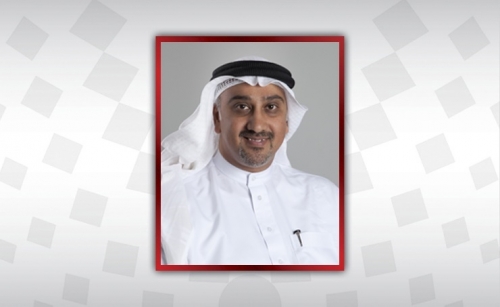BIPA, UNDP organize a virtual meeting to review the innovative projects
Manama
Dr. Raed Mohammed Bin Shams, Director General of the Institute of Public Administration (BIPA), stressed that the current phase of government work requires the applying of innovation as a permanent culture within the institutional work system.
He said that this can be reached by employing a number of scientific and applied methodologies to come up with innovative projects and initiatives that promote government outcomes.
He added that the “innovation program” was launched by BIPA in early 2019 in collaboration with the United Nations Development Program (UNDP), and contributed today to the development of five innovative government projects that will form a new path for the development of the government's future.
He made the announcement during a speech at the Institute's virtual meeting to review projects resulting from the government innovation program.
Dr. Bin Shams explained that BIPA based its design of the innovation program on the best scientific methodologies in the field of international innovation, in addition to the use of international experts specialized in this field to take advantage of innovative international applications and practices.
The program, for which a selected group of employees in the government sector was chosen from various bodies and ministries in accordance with international standards to ensure the desired results, provides them with new mechanisms to deal with the daily government challenges in different ways in order to coming up with alternative solutions and innovative projects.
“This joint project with BIPA originates from the observation that innovation should be from and for the public sector, to respond to the increasing demands and expectations from the population, and the ever-changing environment that requires more flexibility, adaptation, and renovation in practices and methodology,” Stefano Pettinato, Resident Representative of the United Nations Development Program in Bahrain, said.
“Through this endeavor we hope to contribute to the government employees’ capacity to think differently as they effectively find solutions to current and future challenges.”
“In recent months, despite the challenges imposed by the COVID-19 pandemic, the project continued in its implementation by adopting on-line remote methodologies, allowing final prototypes to evolve and progress until today.”
Related Posts

